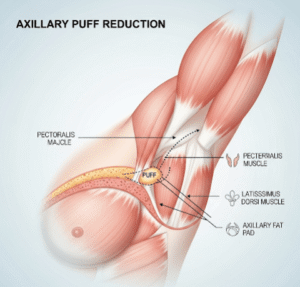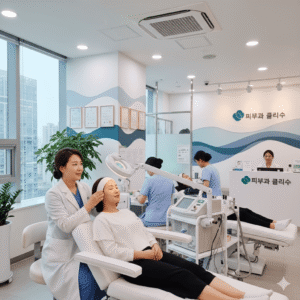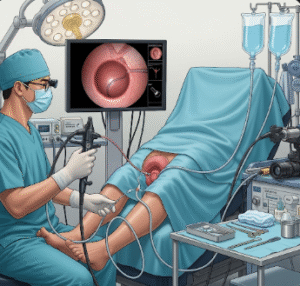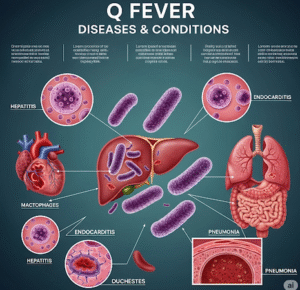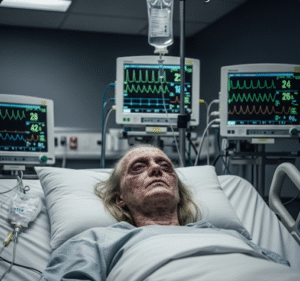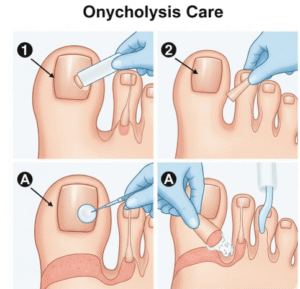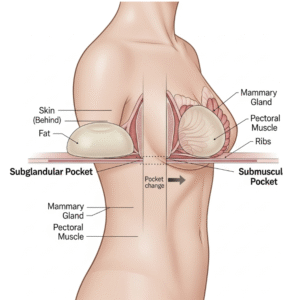Combined Exercise and Hormonal Status in Elderly Women
One of the clearer empirical studies comes from Korean researchers who tested a 12-week combined exercise program (Korean dance + yoga) in postmenopausal women. They measured balance, flexibility, strength, and certain hormone levels (growth hormone, dehydroepiandrosterone-sulfate (DHEA-S), and estrogen). The exercise group showed significant improvements not only in physical function (balance, flexibility, muscle strength) but also in hormonal markers (GH, DHEA-S, and estrogen increased) compared to a control group.
This study suggests that targeted movement/physical activity can partially counteract hormonal decline with aging, at least in women.
Menopausal Hormone Therapy and Cognitive Risk
Korean researchers have also examined how hormone replacement therapies (HRT or MHT) relate to aging and cognition. One retrospective cohort study using Korea’s national health data looked at how menopausal hormone therapy associates with the incidence of Alzheimer’s disease and other dementias. The findings suggest a nuanced picture—while MHT is used to relieve menopausal symptoms, its role in protecting against dementia is uncertain, and risks must be weighed carefully.
Additionally, Korean professional guidelines recently released updated protocols for menopausal hormone therapy in 2025, reflecting evolving evidence around safety, optimal dosing, and risk management related to long-term aging outcomes.
Integrative Medicine & Aging Cohorts
A promising development is the Korean Medicine for Aging Cohort (KoMAC). This is a prospective, multicenter cohort study launched recently to investigate how traditional Korean medicine (KM) phenotypes—alongside biological, psychological, and social factors—interact in healthy aging. The goal is to identify markers that correlate with aging trajectories and eventually test interventions guided by KM phenotypes.
By comparing urban vs rural populations and integrating multi-omic data, KoMAC may help clarify how hormone regulation differs across lifestyle, environment, and traditional medical backgrounds within Korea.
Key Patterns & Insights About Hormones and Aging in Korean Context
From these and related works, a few patterns emerge:
- As women age, growth hormone, estrogen, and DHEA-S decline naturally. This contributes to muscle loss, bone density reduction, fat accumulation, and functional decline.
- Physical activity, especially combined or mixed programs (strength, flexibility, movement), can help attenuate hormonal decline rather than completely reverse it.
- Use of menopausal hormone therapy in Korea is growing but remains subject to careful guidelines. Its benefits (symptom relief, osteoporosis prevention) must be balanced with risks (e.g. cardiovascular, cognitive).
- Integrative approaches that include traditional medicine (KM) may provide complementary insights into hormonal aging, especially in how individuals differ in phenotypes and responsiveness. The KoMAC effort is a clear example.
What This Means for Better Hormonal Aging
From the Korean work, here are practical takeaways and strategies that align with scientific evidence:
- Exercise matters: Regular, well-rounded physical activity is one of the most effective non-pharmacological tools to support hormonal balance as we age—particularly for women after menopause.
- Personal variation is real: Not everyone’s hormonal aging trajectory is the same. The Korean cohort studies emphasize how lifestyle, environment, and medical system influence outcomes.
- Hormone therapy should be individualized: Korean clinical guidelines stress that menopausal hormone therapy should use the lowest effective dose, for the shortest duration needed, and monitored carefully.
- Integration of traditional and modern methods: Programs that combine Korean medicine approaches (herbal, phenotype-based assessment) with modern endocrinology may offer more tailored solutions in the future.


